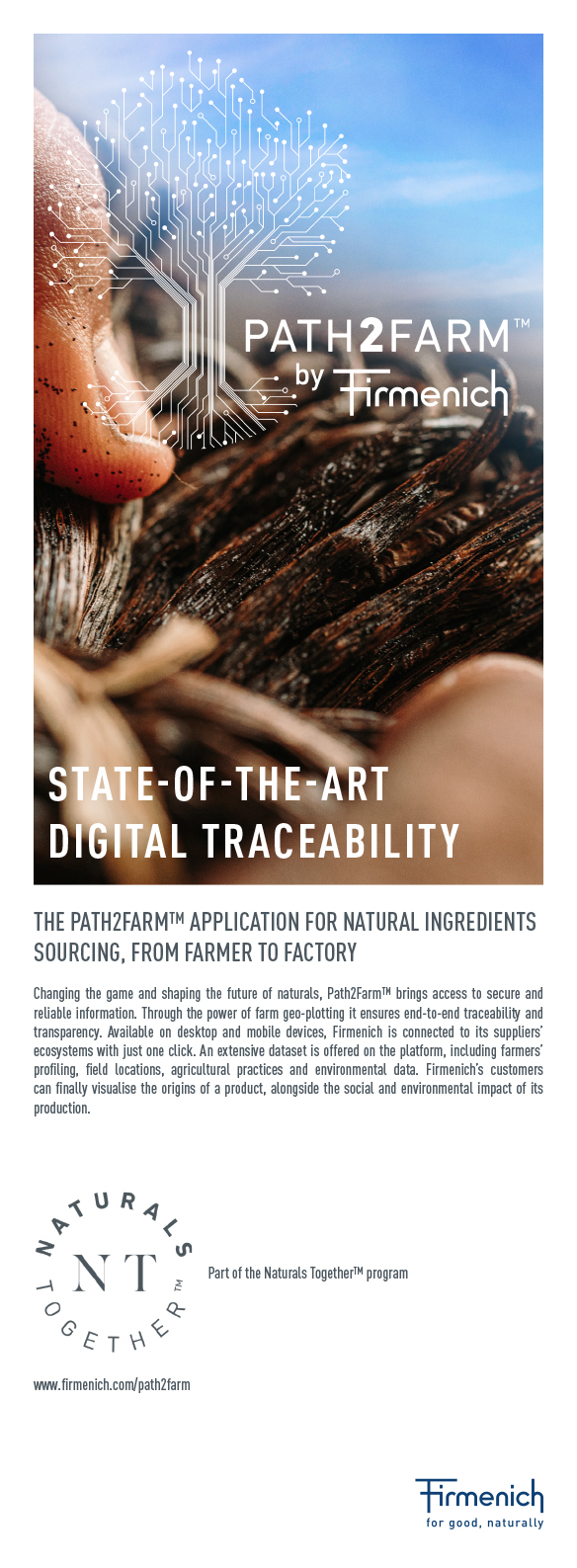From the start of his interview with The CEO Magazine, Yves Rocher Global CEO Guy Flament is at great pains to tell the story of Groupe Rocher’s genesis and share Yves Rocher’s humble beginnings. He does so because everything that happened in the Brittany countryside in the 1940s is intrinsic to the DNA of the company today.
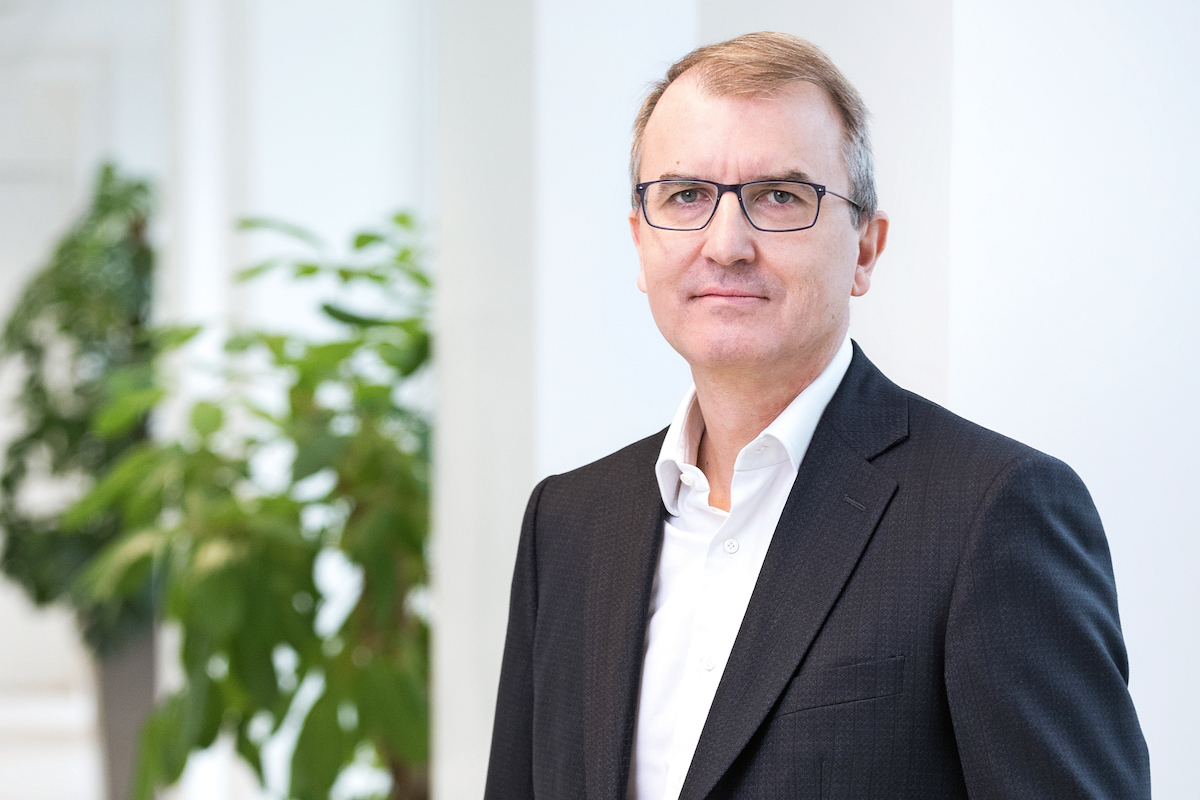
“Since the very beginning, our company’s Founder decided to design products with natural ingredients,” Guy explains. “He used to say, ‘We must all give back to nature what it offers us every day.’ It was really his mindset, his obsession, to combine human life with nature.”
Born to a working-class family in a small village in Western France, Yves Rocher was homeschooled due to regular illness. When only 14, his beloved father died, and he sought sanctuary in nature. The next two years showed him how much nature can bring relief and wellbeing, even after such shock and pain.
“The company still has strong ties with nature today and believes there is significance in respecting it, protecting it and being responsible with it,” Guy points out . In the 1950s, Yves Rocher began an entrepreneurial project. With no money at the time, he started with a very specific business model.
“He invented made-to-order beauty products,” Guy says. “He put small advertisements in the local newspaper, and when he got orders from people in the mail, he delivered the products himself. And he created this brand with the purpose of democratising beauty to women because , at that time , beauty products were a luxury.” It may be an old tale, but it contains so many modern business strands created decades ahead of their time.
From consultant to employee
When Guy was a consultant for Accenture, helping Yves Rocher redefine its strategy in the early 1990s, he became drawn to it. “I really wanted to join in a more executive and operational role,” he recalls.
The company still has strong ties with nature today and believes there is significance in respecting it.
“They asked me to switch to their organisation in 1995, and I accepted with pleasure.” After a number of diverse roles across the business, Guy became Deputy CEO for Groupe Rocher and Global CEO at Yves Rocher, the main brand of Groupe Rocher, in 2018.
Under his guidance, the commitment to nature is as strong as ever and, as he explains, the company has complete vertical integration: it literally has organic fields in Brittany where products start their growth. All of its partners who provide ethical ingredients do so under strict guidelines.
“We are members of the Union for Ethical BioTrade, which is a worldwide organisation that audits and certifies ethical sourcing of natural ingredients,” he explains. “We have also started the journey to get the B Corp certification at Groupe Rocher level.”
It is the company’s other early obsession that also occupies much of today’s strategic approach – that of a direct relationship with the customer.
“We always develop the brands through different channels, but by keeping that direct relationship with customers, we maintain the DNA of the brand,” Guy shares. “It explains why we are not sold in the usual way, through traditional retailers.”
Wise investments
That hasn’t stopped the company from making a lot of money, though, with worldwide turnover at €1.3 billion. Some 55% of that revenue comes via 3,000 standalone retail shops. Another 25% comes through digital sales, ecommerce and social selling.
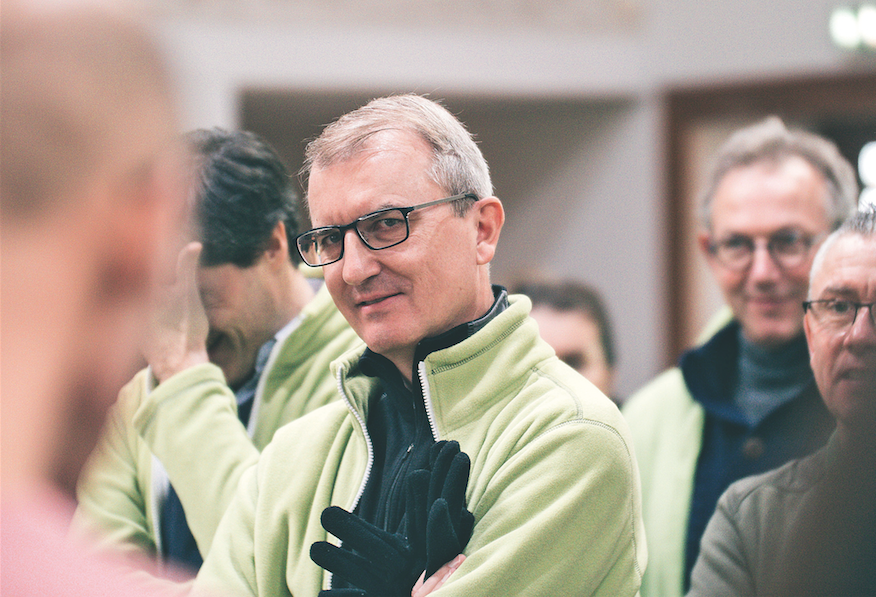
The remaining 20% comes from the original mail-order model, although it’s in decline. As market leaders in France – which represent 30% of total sales – the brand is available in more than 100 countries worldwide. While COVID-19 has been incredibly hard for everyone, it has paradoxically led to the company attempting to get even closer to its customers.
First, though, it needed to protect its own people. “We focused on making sure our teams were safe, and then we empowered them to manage the situation,” Guy remembers. “Once you have set up measures to protect people, you have to leave the floor so they can locally manage each country’s different situation.
“The second thing we had to do was to get even closer to our customers. Stores were closed but through social networks, phone, email, any kind of means, we really intensified our listening to the customer needs and requirements in order to be there with them during this crisis. With these kinds of exceptional events, if you manage to overcome them for the customer with your team, then you transform the crisis into an opportunity.”
Like most businesses during COVID-19, Yves Rocher accelerated its digital presence, but not at the expense of investing in the brand and new products. “It was important not to stop everything,” Guy stresses.
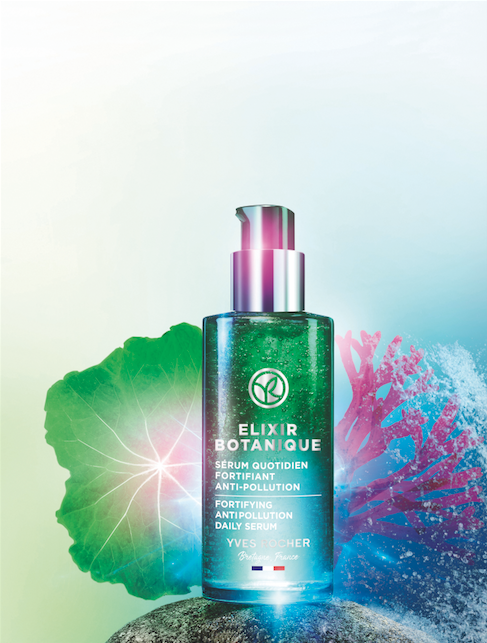
“We had to overcome this crisis, but, at the same time, we needed to continue investing in the brand. I didn’t stop any of the projects or the innovation for new products because, at the end of the crisis, you still have to face the competition and meet the consumers’ requirements.”
What comes next for Groupe Rocher is largely to continue what it has always done – look after people and nature. But today, it must do so in an environment where the competition is especially fierce.
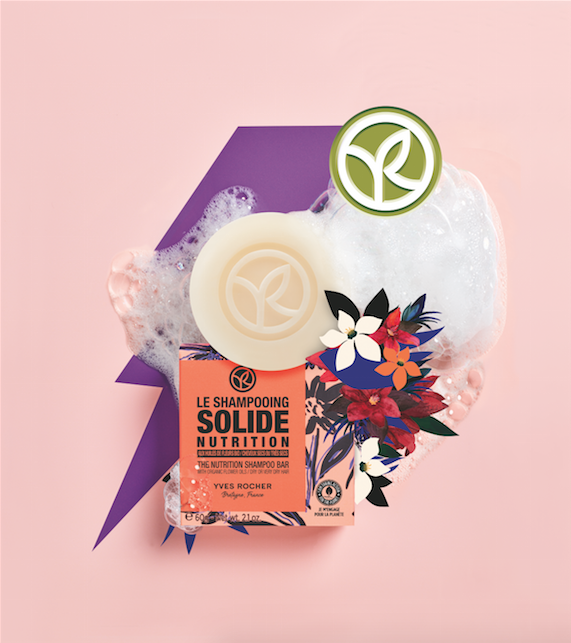
“Now, natural brands are becoming mainstream, which means that the competition is strengthening,” he admits. “And we need to defend and maintain our leadership.” Digital transformation and integration will continue at pace, but never at the expense of the customer experience, Guy adds.
“I would say that after this crisis, people will need – even more – to get back to human bonds,” he says. The Founder of Yves Rocher would be proud to know his brand is still in good hands.
Proudly supported by:
